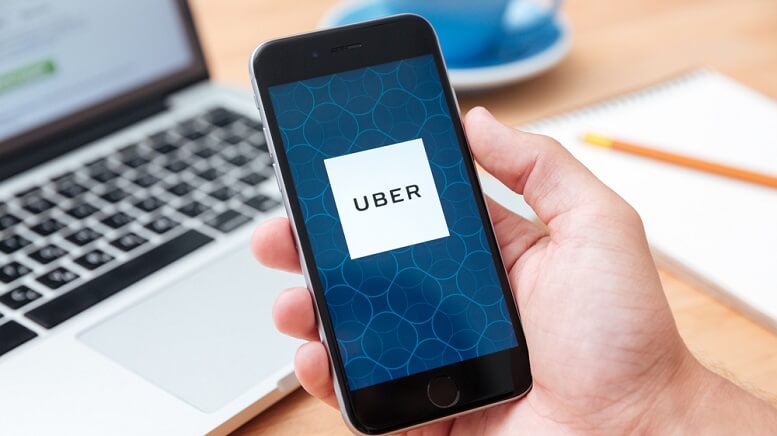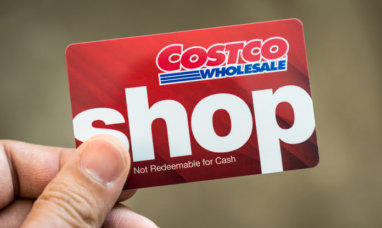A U.S. appeals court on Monday dismissed a proposed class action alleging that Uber Technologies (NYSE:UBER) engages in racial discrimination by terminating drivers with low passenger ratings.
The 9th U.S. Circuit Court of Appeals in San Francisco ruled that Thomas Liu, who filed the lawsuit in 2020, did not provide evidence showing that Uber deactivated non-white drivers at a higher rate than white drivers with low ratings. Liu’s attorneys argued that statistical proof would only surface during the discovery phase, which would allow them to seek documents and testimonies from Uber. However, the three-judge panel stated that Liu’s claim was based on speculation without substantial evidence of discrimination.
Uber has not commented on the court’s decision.
Shannon Liss-Riordan, Liu’s lawyer, expressed disappointment and concern over the ruling and indicated that they would likely request the court to reconsider.
Uber’s rating system requires passengers to rate drivers on a scale from one to five. Drivers who fail to maintain a rating above 4.6 are deactivated. Liu, who is Asian-American, argued that passengers tend to give lower ratings to non-white drivers, thus making Uber’s system a violation of Title VII of the Civil Rights Act of 1964 and California’s anti-discrimination laws.
In 2022, U.S. District Judge Vince Chhabria dismissed the case, noting that there was no credible statistical evidence showing racial disparity among Uber drivers. He also critiqued a survey conducted by Liu’s lawyers, stating it was flawed and did not accurately represent the racial makeup of Uber drivers.
The 9th Circuit upheld this decision on Monday, agreeing that the survey had significant flaws and did not provide a comprehensive view of the racial demographics of Uber drivers.
The U.S. Equal Employment Opportunity Commission, which enforces Title VII, supported Liu. The agency argued that research indicates customer ratings are often influenced by bias, affecting Uber drivers and other gig workers. Coupled with the survey, the commission believed Liu had established a plausible case.
Featured Image: DepositPhotos ©Vadymvdrobot















